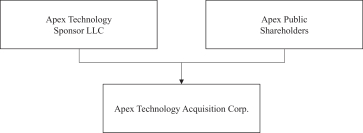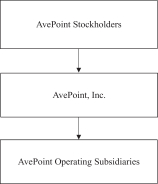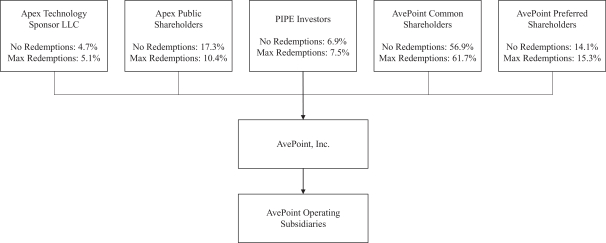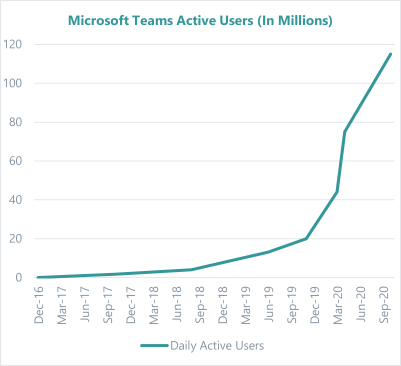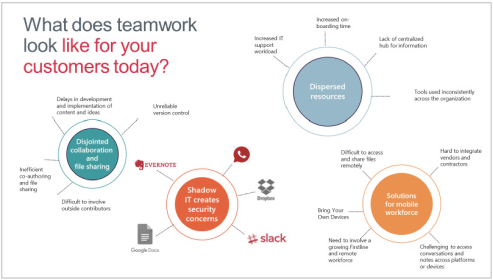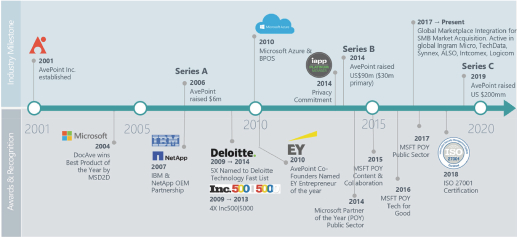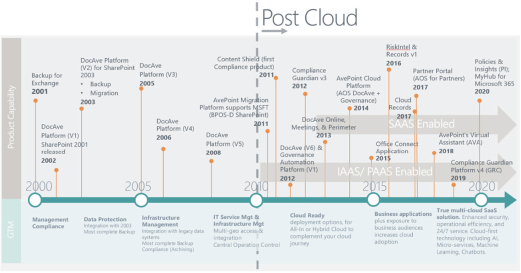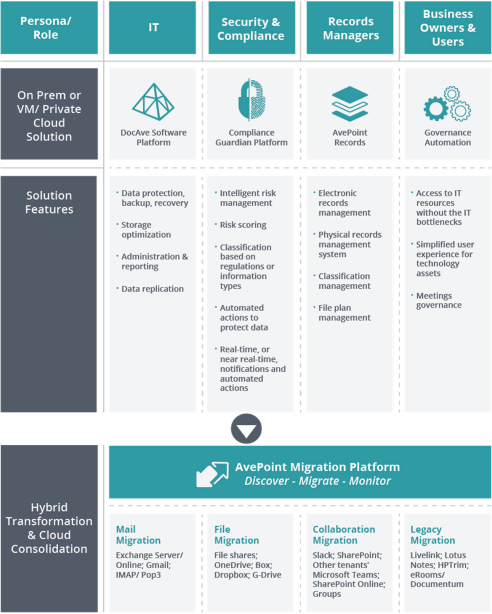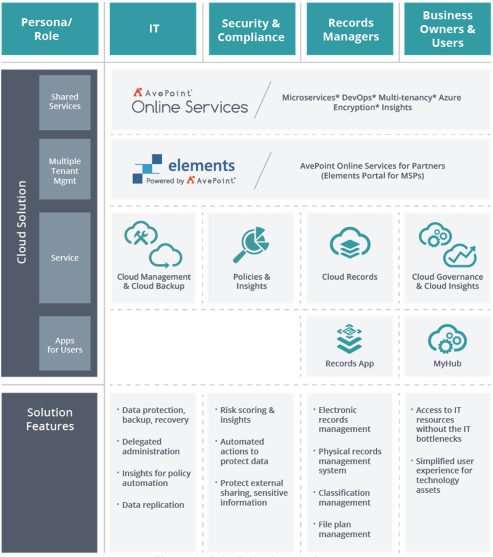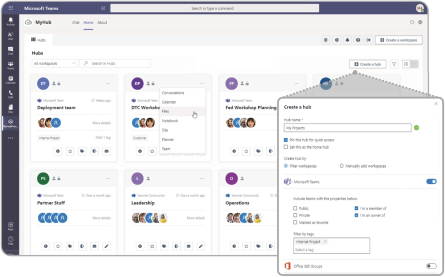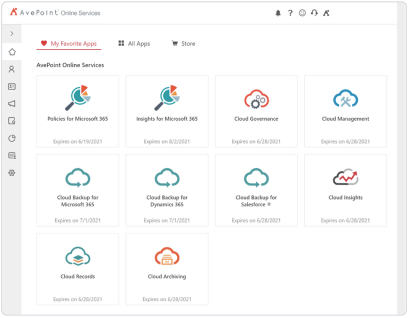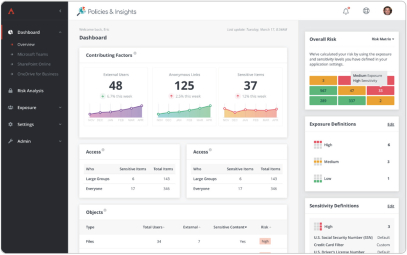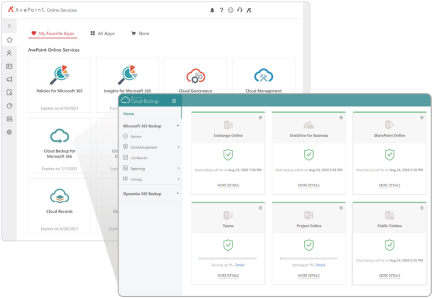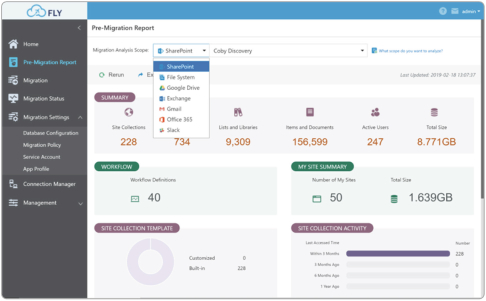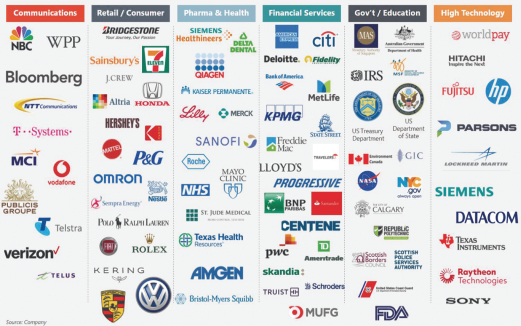Release or threatened Release, (d) the management of any Hazardous Materials, including the use, labeling, processing, disposal, storage, treatment, transport, or recycling of any Hazardous Materials, or (e) the presence of Hazardous Materials in any building, physical structure, product or fixture.
“Environmental Permits” means all franchises, grants, authorizations, licenses, permits, easements, variances, exceptions, consents, certificates, approvals and orders of any Governmental Authority required under Environmental Laws for the conduct of the business and activities of the Company and Company Subsidiaries, as currently conducted.
“ERISA” means the Employee Retirement Income Security Act of 1974, as amended.
“Exchange Ratio” means the following ratio (rounded to four decimal places): the quotient obtained by dividing (a) the Per Share Amount by (b) $10.00.
“Fully Diluted Number” means the sum of (i) total number of shares of Company Common Stock outstanding immediately prior to the Effective Time (including the Named Executive Shares) plus (ii) the number of shares of Company Common Stock issuable upon the conversion of the Company Preferred Stock Converted Shares that are outstanding immediately prior to the Effective Time, plus (iii) the number of shares of Company Common Stock issuable upon exercise of all Company Options that are outstanding immediately prior to the Effective Time.
“Government Contract” shall mean any prime contract, subcontract, basic ordering agreement, letter contract, purchase order, delivery order, change order, arrangement, grant, cooperative agreement, other transaction authority agreement, or other commitment of any kind between any Company Group Member, on the one hand, and any Governmental Authority or prime contractor or subcontractor to a Governmental Authority, on the other hand.
“Governmental Authority” means (a) the United States, (b) any federal, state, provincial, municipal, local or any governmental or quasi-governmental authority of any nature, (c) any body exercising or entitled to exercise any administrative, executive, judicial, legislative, police, standards, regulatory or taxing authority, or (d) any subdivision, agency, department, branch, official, bureau, commission, board, court, tribunal, judicial or arbitral body or other instrumentality or authority of any of the foregoing.
“Gross Merger Consideration” means (a) the Baseline Share Amount, plus (b) the Aggregate Cash Amount.
“Hazardous Materials” means all materials, chemicals, wastes, compounds and substances in any form defined, regulated or characterized as a pollutant, contaminant or toxic or hazardous substance or waste (or terms of similar meaning) under Laws protecting the Environment and human health, including petroleum, crude oil and any fraction thereof.
“HSR Act” means the Hart-Scott-Rodino Antitrust Improvements Act of 1976, as amended, and the rules and regulations promulgated thereunder.
“Ineligible Apex IPO Underwriting Fees” means any Apex IPO Underwriting Fees that are not Eligible Apex IPO Underwriting Fees.
“Intellectual Property” means: (a) patents, patent applications and patent disclosures, together with all renewals, reissues, continuations, continuations-in-part, divisionals, revisions, extensions, reexaminations, substitutions and foreign counterparts thereof and industrial property rights; (b) trademarks and service marks, trade dress, logos, trade names, corporate names, brands, slogans, and other source identifiers together with all translations, adaptations, derivations, combinations and other variants of the foregoing, and all applications, registrations, and renewals in connection therewith, together with all of the goodwill associated with the foregoing; (c) copyrights, Software, and other works of authorship (whether or not copyrightable), and moral rights, and registrations and applications for registration, renewals and extensions thereof; (d) trade secrets and know-how (including ideas, formulas, compositions, inventions (whether or not patentable or reduced to practice)), customer and supplier lists, improvements, protocols, processes, methods and techniques, research and development information, industry analyses, algorithms, architectures, layouts, drawings, specifications, documentation, technical manuals, designs, plans, methodologies, proposals, industrial models, technical data, financial and accounting and all other data, databases, database rights, pricing and cost information, business and marketing plans and proposals, and customer and supplier lists (including lists of prospects) and related information; (e) Internet domain names and registrations thereof and rights to use social media accounts; (f) all other intellectual property rights of any kind or description; (g) copies and tangible embodiments of any of the foregoing, in whatever form or medium; and (h) all legal rights arising from items (a) through (f), including the right to prosecute, enforce and perfect such interests and rights to sue, oppose, cancel, interfere, enjoin and collect damages based upon such interests, including such rights based on past infringement, if any, in connection with any of the foregoing.
“International Trade Laws” means (a) all laws, regulations, and restrictive measures imposed, administered, or enforced by the U.S. government relating to the import, export, re-export, deemed export, deemed re-export, or transfer of information, data, goods, and technology, including but not limited to the Export Control Reform Act of 2018 (50 U.S.C. §§ 4801-4861), the Export Administration Regulations (15 C.F.R. Parts 730-774), the Arms Export Control Act (22 U.S.C. § 1778), the International Traffic in Arms Regulations (22 C.F.R. Parts 120–130), customs and import laws administered by the United States Customs and Border Protection, and any other export or import controls administered by an agency of the United States government, (b) the anti-boycott regulations administered by the United States Department of Commerce and the United States Department of the Treasury, and (c) any other applicable laws adopted by the governments or agencies of other countries relating to the same subject matter as the United States laws and regulations described above, except to the extent inconsistent with U.S. law.
“Key Company Stockholders” means the persons and entities listed on Schedule B.
“Key Employee” means each of Xunkai Gong, Tianyi Jiang and Brian Brown.
A-11


